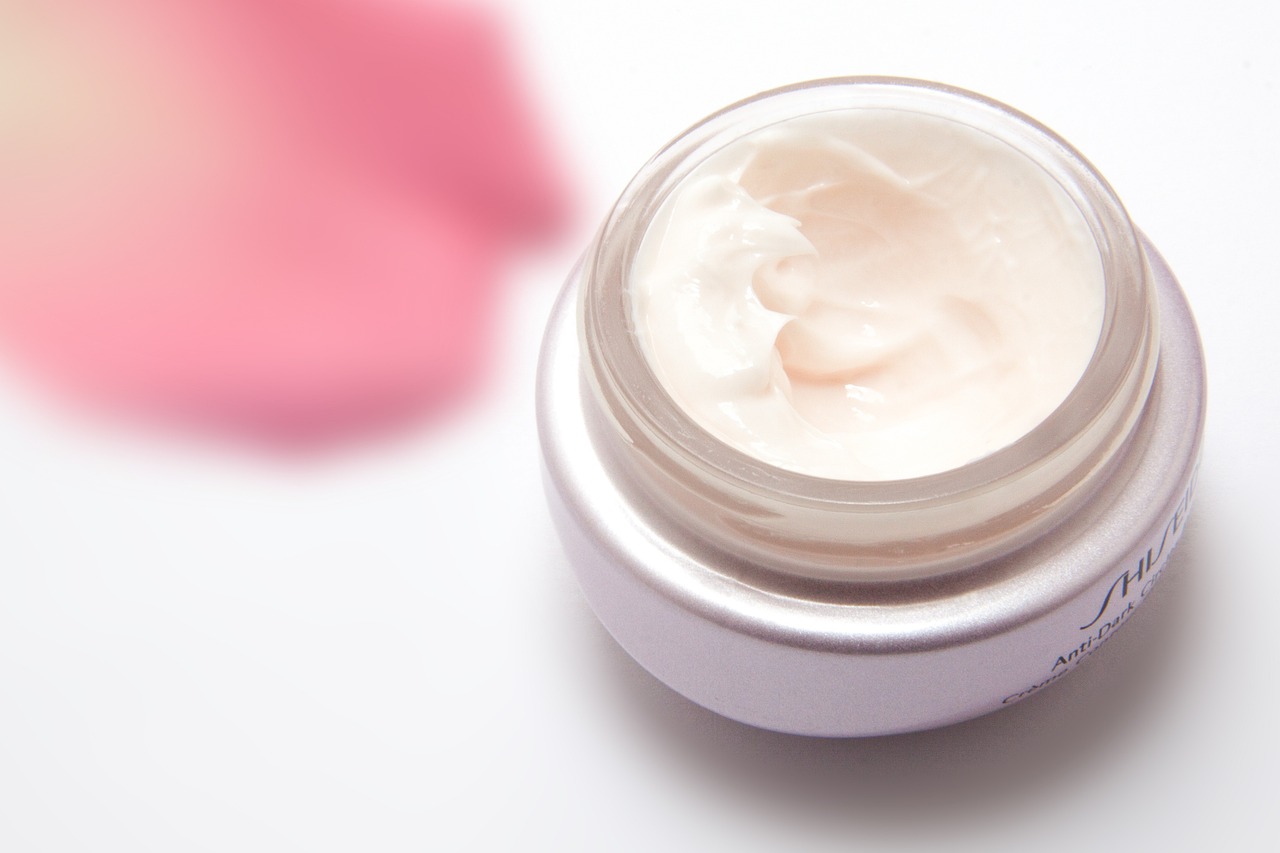In today’s world, where stress, environmental factors, and lifestyle choices can take a toll on our skin, maintaining a good skincare routine has never been more crucial. Whether you’re a skincare novice or a seasoned enthusiast, understanding the basics of skincare can help you achieve a healthy, glowing complexion. Here’s your ultimate guide to skincare, including essential tips, routines, and product recommendations to keep your skin looking its best.
Understanding Your Skin Type
Before diving into skincare routines and products, it’s essential to identify your skin type. Skin types generally fall into these categories:
Normal: Balanced skin with no excessive dryness or oiliness.
Oily: Skin that produces excess sebum, often leading to a shiny appearance and potential breakouts.
Dry: Skin that lacks moisture and can feel tight, rough, or flaky.
Combination: A mix of oily and dry areas, typically with an oily T-zone (forehead, nose, and chin) and drier cheeks.
Sensitive: Skin that is prone to redness, irritation, or allergic reactions.
Understanding your skin type helps in choosing the right products and developing a routine that addresses your specific needs.
Building a Skincare Routine
A good skincare routine is essential for maintaining healthy skin. Here’s a step-by-step guide to creating an effective regimen:
1. Cleansing
Cleansing is the first step in any skincare routine. It removes dirt, oil, and makeup, allowing your skin to breathe and absorb subsequent products more effectively.
Morning: Use a gentle cleanser to remove overnight oil and impurities. Look for products labeled as “hydrating” or “soothing” if you have dry or sensitive skin.
Evening: A deeper cleanse is necessary to remove makeup and daily grime. Consider a double cleansing method—first with an oil-based cleanser, followed by a water-based one—to ensure all impurities are removed.
Product Recommendation: CeraVe Hydrating Cleanser for normal to dry skin, or La Roche-Posay Effaclar Purifying Foaming Gel for oily skin.

2. Exfoliating
Exfoliation removes dead skin cells, promoting cell turnover and revealing brighter skin. However, over-exfoliation can lead to irritation, so it’s best to exfoliate 1-3 times a week depending on your skin type.
Physical Exfoliants: Scrubs with granular particles can provide immediate results but should be used gently.
Chemical Exfoliants: Products containing alpha hydroxy acids (AHAs) or beta hydroxy acids (BHAs) dissolve dead skin cells and are often gentler on the skin.
Product Recommendation: Paula’s Choice Skin Perfecting 2% BHA Liquid Exfoliant for a chemical exfoliant or Dermalogica Daily Microfoliant for a physical exfoliant.
3. Toning
Toners help balance the skin’s pH and can address specific skin concerns. Look for alcohol-free formulas to avoid drying out your skin.
Hydrating Toners: Ideal for dry or sensitive skin to add moisture.
Clarifying Toners: Suitable for oily or acne-prone skin to help control oil and breakouts.
Product Recommendation: Klairs Supple Preparation Unscented Toner for a hydrating option or Thayers Witch Hazel Toner for a clarifying option.
4. Moisturizing
Moisturizers lock in hydration and create a protective barrier on the skin. The type of moisturizer you use should be tailored to your skin type.
Gel-Based Moisturizers: Best for oily or combination skin as they are lightweight and non-greasy.
Cream-Based Moisturizers: Ideal for dry or mature skin as they provide more hydration and nourishment.
Product Recommendation: Neutrogena Hydro Boost Water Gel for a gel-based moisturizer or CeraVe Moisturizing Cream for a cream-based option.

5. Sun Protection
Sunscreen is crucial in protecting your skin from harmful UV rays that can cause premature aging and increase the risk of skin cancer.
Daily Use: Apply a broad-spectrum sunscreen with an SPF of at least 30 every morning, even on cloudy days or when staying indoors.
Product Recommendation: EltaMD UV Clear Broad-Spectrum SPF 46 for sensitive or acne-prone skin or La Roche-Posay Anthelios Melt-in Milk Sunscreen SPF 60 for a more robust protection.
Additional Tips for Healthy Skin
Stay Hydrated: Drinking plenty of water helps keep your skin hydrated from the inside out.
Eat a Balanced Diet: Consuming a diet rich in fruits, vegetables, and healthy fats supports skin health.
Get Enough Sleep: Adequate sleep promotes skin repair and regeneration.
Avoid Touching Your Face: Frequent touching can transfer bacteria and oils, leading to breakouts and irritation.
Don’t Skip the Neck and Hands: These areas also show signs of aging and should be included in your skincare routine.
Addressing Common Skin Concerns
Acne: Look for products with salicylic acid or benzoyl peroxide and avoid comedogenic ingredients.
Aging: Incorporate products with retinoids, peptides, or antioxidants like Vitamin C to combat fine lines and wrinkles.
Hyperpigmentation: Products with ingredients like niacinamide or alpha arbutin can help even out skin tone.
Conclusion
A well-rounded skincare routine tailored to your skin type and concerns is key to achieving and maintaining healthy, radiant skin. By incorporating the right products and following a consistent regimen, you can address various skin issues and enjoy a complexion that looks and feels its best. Remember, skincare is a journey, and it’s essential to be patient and consistent to see the best results.